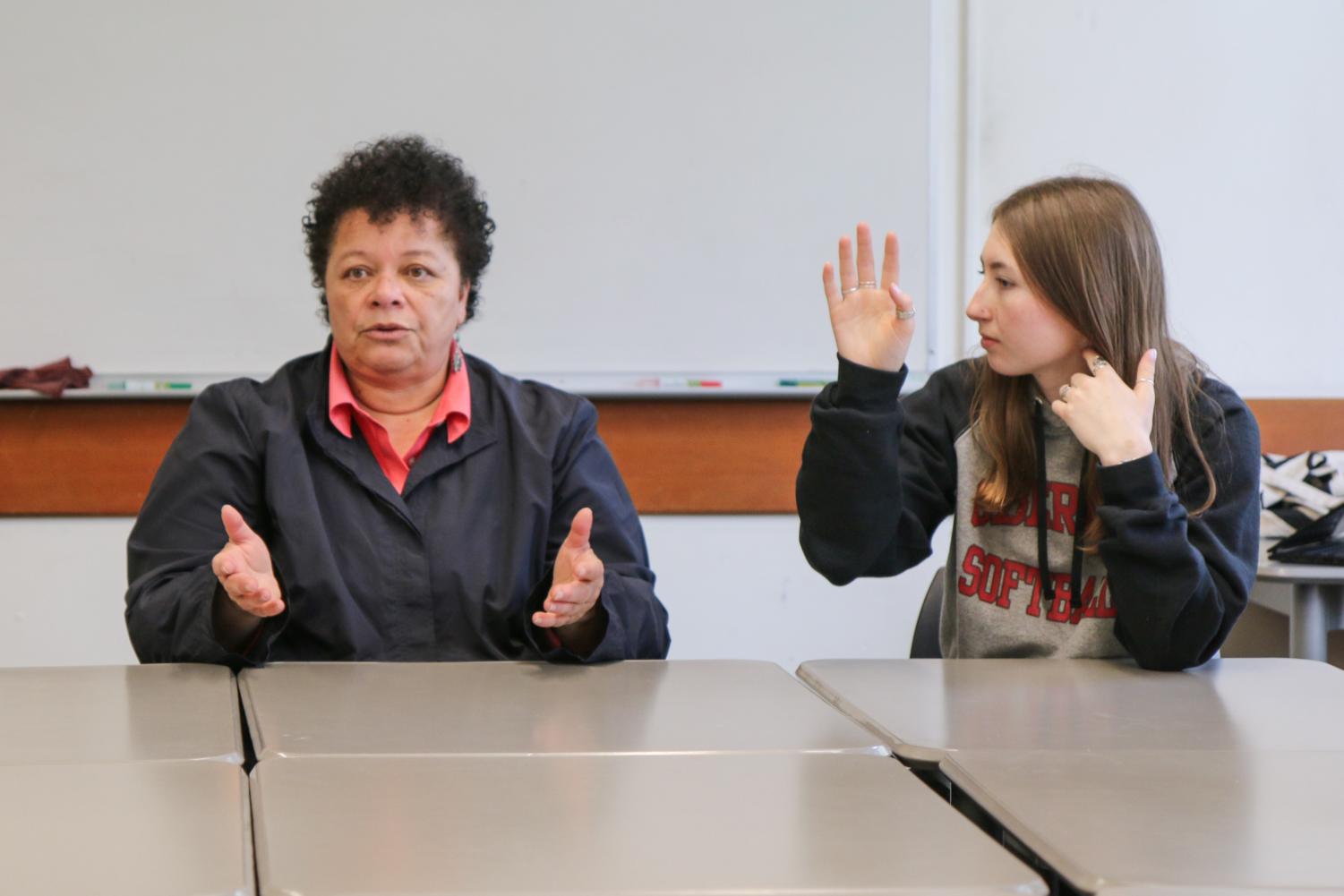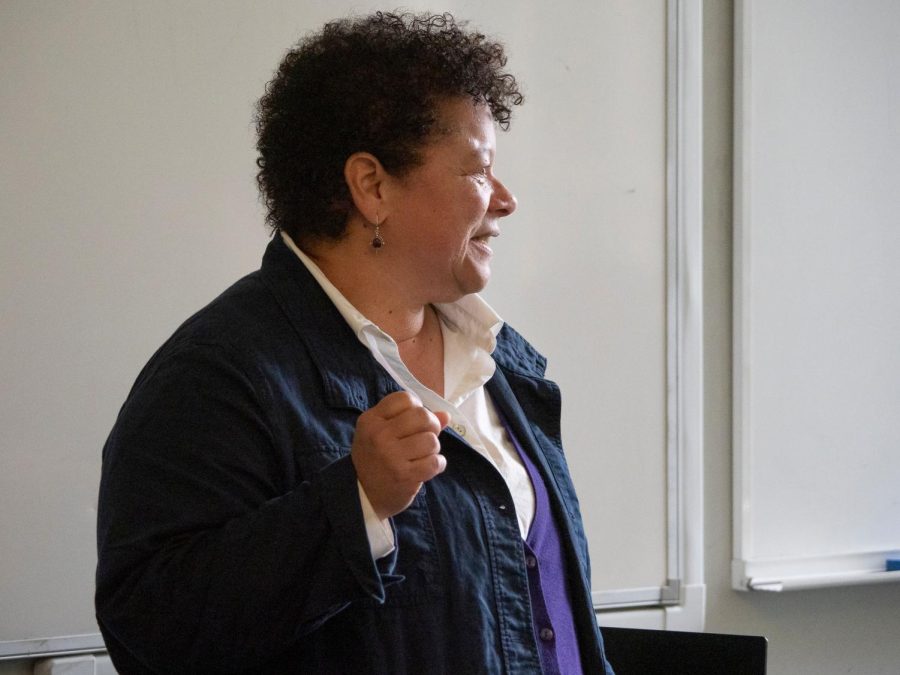Nancy Rawles on Activism and Resistance
History teacher Nancy Rawles began at Lakeside in 2021 and currently teaches the spring history elective Activism and Resistance. Ms. Rawles will not be running the course next year to modify it for future years. Given these potential changes, I sat down with Ms. Rawles to ask her about what motivated her to create the course and why activism matters to her.
Cassia W. ’23: Why did you create this course?
Nancy Rawles: I wanted students to understand that activists, in order to accomplish anything, have to be organized — have to be not just motivated but dedicated. It’s not only, “You have a protest, you go out in the street, and then you go home and you hope things change.” People who are activists and people who are resisting do that for as long as it takes — some do it for their lifetimes, knowing that they’re not going to have success. For the upperclassmen in my class: you will see results in your lifetime, but you might not have results in your time at school.
W. Why do you think activism is important today?
R. I feel like there’s engagement. Lakeside students are engaged with all of the issues of the day, whether it has to do with gender equality, racial justice, climate change… It’s also vital that people understand that you have to do things from wherever you are and whatever you can do. Sometimes, that’s not a whole lot; sometimes it’s more material. Sometimes it’s volunteering, sometimes it’s just working through your job.
W. Why is student activism important?
R. A lot of the change that happens in the world happens because of student activism. After the shootings at Parkland, students moved gun violence activism forward on their own; they’ll be older when those reforms get put into place, but they organized themselves and saw the shooting as a way to move this issue forward by connecting with people who have been trying to do it for years. I think that that student voice had been missing; certainly an organized student voice had been missing. When you get interested in movements and dedicate yourself to something — especially something as big as climate change — you’re part of a community.
W. What does activism and resistance look like to you?
R. Activism and resistance can take so many different forms: violence, rebellion, or more often, especially in a country like this where we have rights, you’re pushing through the legal, political, non-profits system. There’s all kinds of ways, but I want to really emphasize the small acts of resistance: holding on to your language is resistance when you’re being pushed to assimilate or let it go.

Cassia W. from the class of ’23
They’re lots of fun and number one, on that, we all agree
Only been here a semester but they’re spilling all the...

